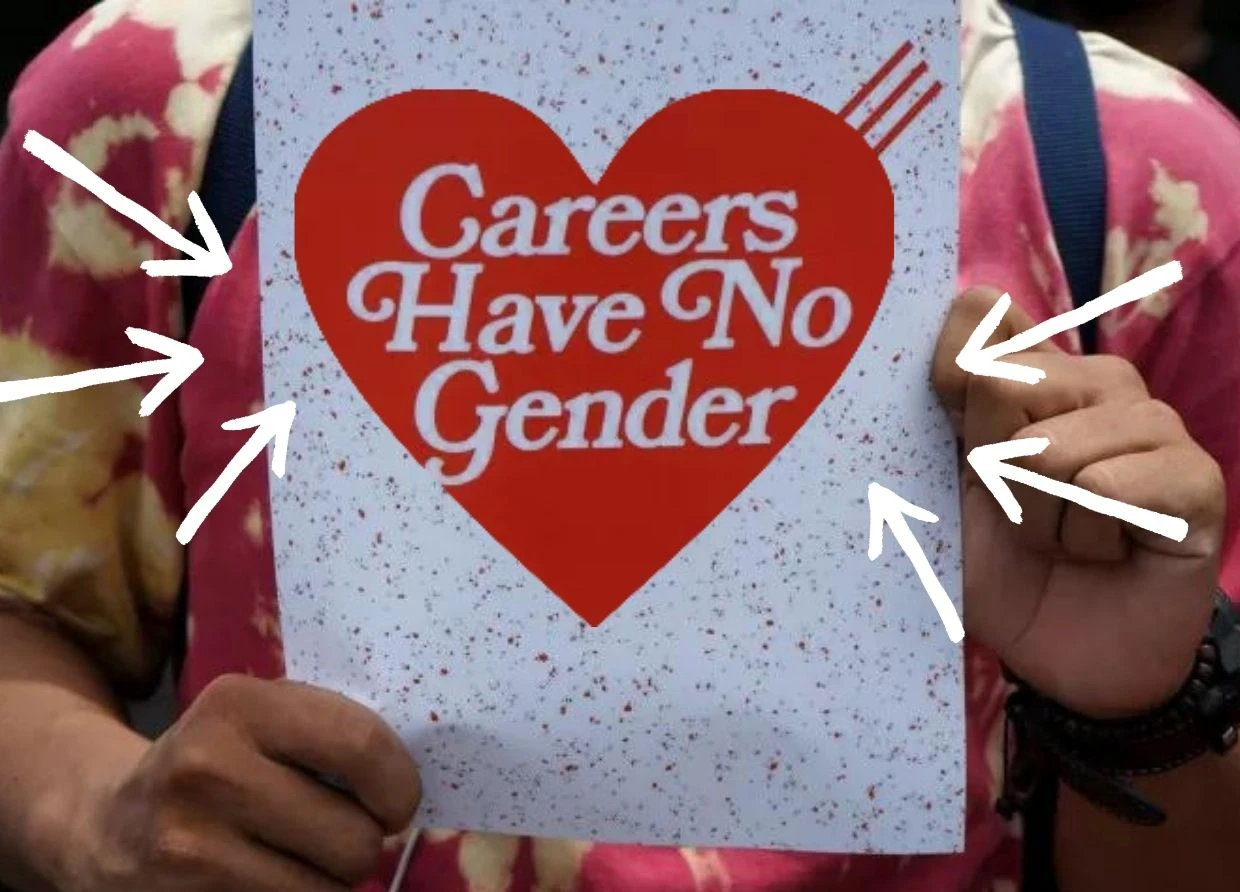GENDER INEQUALITY IN CENTRAL JAVA SHOWS ENCOURAGING DECLINE, REPORTS BPS
Central Java Witnesses Promising Decline in Gender Inequality, Indicating Progress towards Equality and Empowerment

The Gender Inequality Index (GII) in Central Java saw a noteworthy decrease in 2022, marking a positive step towards gender equality in the province. The Central Java Office of Statistics Indonesia (BPS) announced on Tuesday that the GII for 2022 was recorded at 0.371, down from 0.377 in the previous year.
Head of the BPS office, Dadang Hardiwan, highlighted that this reduction in GII reflects a consistent trend since 2018, with an average annual decrease of 0.005 points. "This decline indicates that gender inequality is on the decline, and progress is being made towards greater equality," Hardiwan stated in a statement issued from Semarang.
The improvements contributing to the decline in GII were observed in the dimensions of reproductive health and the labor market. Central Java has witnessed positive strides in these areas, contributing to the overall advancement in gender equality.
The GII is a composite measure that assesses the disparities in achievements between women and men across three dimensions: reproductive health, empowerment, and the labor market. The index values range from 0 to 1, with 0 denoting complete gender equality.
While the risks to female reproductive health have increased, there have been notable improvements in the dimension overall, signaling progress towards better healthcare access and services for women.
Moreover, the dimension of empowerment has shown partial improvement, with a higher percentage of women aged 25 and above attaining at least secondary education, surpassing men in educational attainment. Furthermore, there has been an increase in women's representation in parliament, reaching 20 percent in 2022, compared to 18.33 percent in 2021. These indicators indicate a positive trend in women's political participation and empowerment.
The report also revealed that 22 districts and cities in Central Java reported decreased GII values compared to the previous year. Salatiga City recorded the lowest gender inequality, while Klaten District reported the highest.
The data presented by BPS serves as an important marker for measuring the progress towards gender equality and identifying areas that require further attention and intervention. Central Java's commitment to improving gender equality is evident in its continuous efforts to address disparities and foster an environment of inclusivity and equal opportunities for all.
The decline in the GII underscores the dedication of policymakers and stakeholders to creating a more equitable society in Central Java. As the province continues its efforts to enhance gender equality, it is hoped that the trend towards decreased gender inequality will continue in the years to come.
#THE S MEDIA #Media Milenial #Central Java #Gender Inequality #Gender Inequality Index #GII #Progress #Equality #Empowerment #Reproductive Health #Labor Market #Women's Representation #Education #Inclusivity #Policy #Development #Indonesia


























